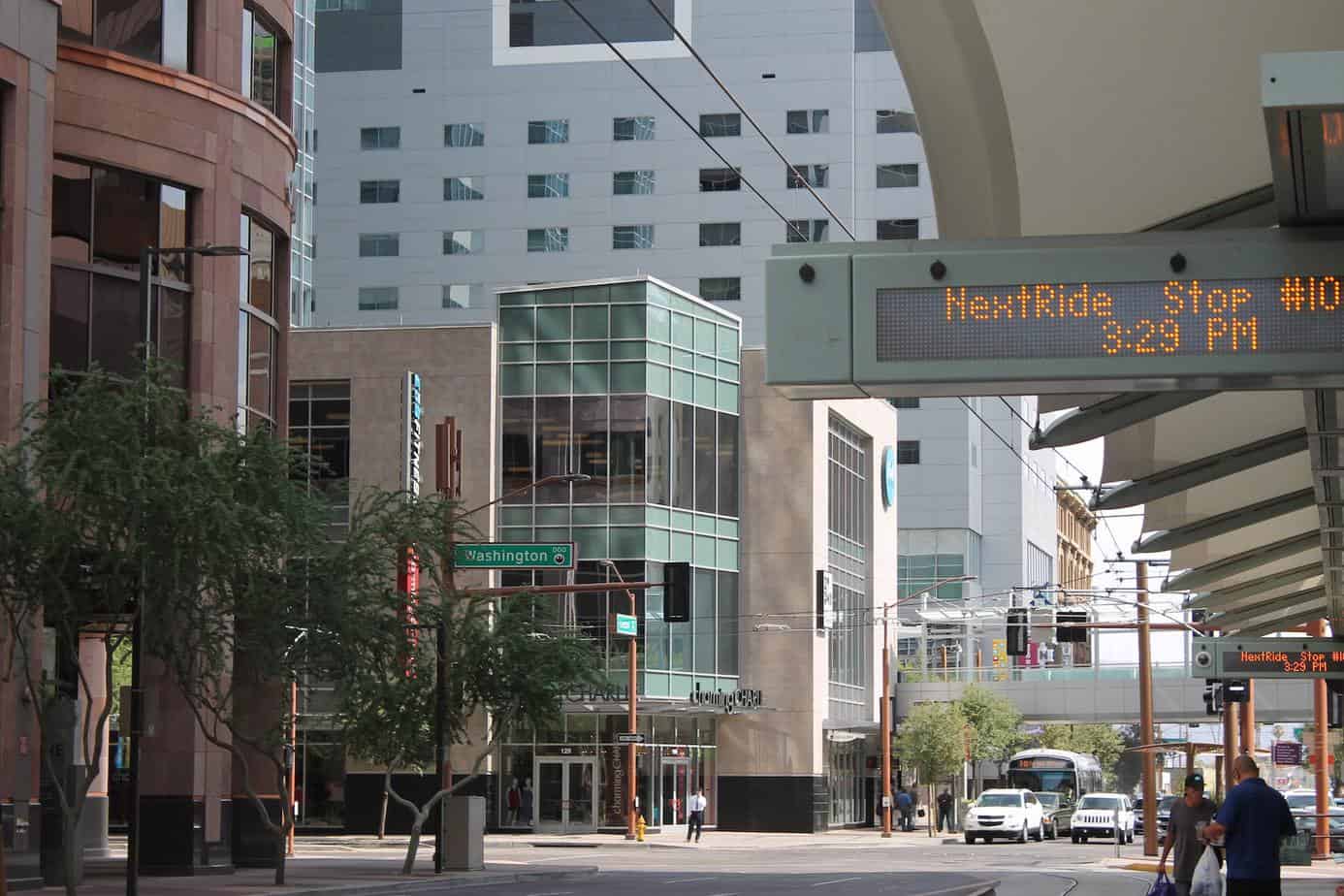Renters Rights in Arizona
Just as any other state in the country, the Valley of Sun has its own tenant-landlord laws in place that you must know if you rent a property in Arizona. Obviously, some of the rules and regulations are identical across the country, particularly those stated in the Fair Housing Act.
But, when you go into details, such as the maximum amount of security deposits, rules when it comes to increasing rent, and many more, you’ll need to look up laws specific to your state. We’ve created this guide for all tenants living in Arizona to answer the most common questions and inquiries you might have.
Contents
Rental Application
Application fee: not indicated
Application fee refund: non-refundable (if stated in writing)
Rental agreement required: oral or written
Similar to many other states, there is no maximum or minimum fee the landlord can charge when you apply for the rental. Overall, it’s a common practice, and you might expect to pay around $40 for the background check, credit report, and other tenant screening-related expenses. It is interesting to note that according to Arizona Residential Landlord Tenant Act, it should be stated in writing that any fee is non-refundable; otherwise, you can ask the landlord for a refund. The same goes for the application fee, so you might be able to receive it back.
In Arizona, you can have either an oral or written rental agreement. And, if your contract does not have an end date, it’s considered to be a month-to-month tenancy. Of course, we strongly recommend signing a written lease — both you and your landlord can turn to it in case of any issues or misunderstandings. These days, thanks to technology, you can even sign your lease online. It will take you mere minutes, but save so much trouble in the future!
Security Deposit
Pet deposit maximum: not indicated
Security deposit maximum: one and a half months’ rent
Security deposit interest: no
Return deposit deadline: 14 business days
List of charges with the basis for the claim: required
Legal reasons to keep security deposit: to cover unpaid rent or property damage
Luckily for tenants in Arizona, the law prohibits landlords from charging more than one and a half of a months’ rent for the security deposit. When a tenant moves out of the apartment, the security deposit must be returned to them in full or partially during 14 business days. The landlord can deduct from the deposit for any damage beyond normal wear and tear, breach of contract, or if the renter still owes some rent. If this is the case, they should send the tenant an itemized list of all deductions.
There are no statutes that would specify how the security deposit should be kept during the tenancy. Also, Arizona laws do not compel landlords to place the deposit in the interest-bearing bank account.

If you have a pet, you should know that there are no specific rules and regulations that would cover the amount of pet rent or pet deposit (as long as it’s not larger than one and a half of a months’ rent). They are shaped mainly by the rental market and your arrangement with a particular landlord.
Security and Comfort
Smoke alarms: required
Carbon monoxide detectors: required if there is a CO source in the house
Rekey requirements: not indicated
Landlord-tenant laws in Arizona specify that every unit in a new or renovated residential building has to be equipped with a working smoke detector. Also, it is required to install carbon monoxide detectors in a building if it has an attached garage or fuel-burning appliances. As a tenant, it is your responsibility to inform your property manager or a landlord if there is a malfunction.
Rental Payments
Maximum rent: not indicated
Rent increase: not allowed during the fixed-term lease, 30 days notice for a month-to-month contract
Right to withhold rent for failure to provide essential services (such as water, heat, etc.): allowed
Late payment limit: not indicated
As Arizona is one of the states with no rent control in place, landlords do not have a limit on how much they can charge for rent or how much they can increase it. However, if you have a signed lease agreement, your landlord cannot raise your rent till the end of the agreement (unless your written lease says otherwise). And, in case of a month-to-month agreement, they should inform you in writing at least 30 days before about their intention to increase rent.
If a tenant does not pay rent on time, there is no grace period, and a landlord can start charging them late fees. But, under Arizona tenant law, late fees and their amount have to be brought up in the lease agreement for the landlord to charge them. Finally, if the landlord decides to evict their tenant for not paying rent, they have to deliver a written eviction notice. The tenant will have five days to either settle the debt or move out — after this period, the landlord can begin the eviction process.
Lease Terminations
Notice to terminate lease: 30 days for a month-to-month agreement
Eviction notice for not paying rent: 5 days notice
Eviction notice for lease violation: from 5 days depending on the violation type
If you have a month-to-month agreement with your landlord and you decide to move out, you’d have to inform them 30 days in advance. Just the same, your landlord must give you a 30-day notice if they plan to terminate the tenancy on their side.
On the other hand, if you have a lease agreement with a fixed end date, it simply expires on the end date and, if you stay in the rental without signing a new agreement, it automatically changes to the month-to-month one.
Disclaimer: Although we have relied on Official State Statutes and other credible sources to find and analyze information for this post, you’re advised to use it as a starting point only and do not consider this article a substitute for legal advice. Some situations are unique, and it is always better to consult with a qualified lawyer or appropriate government agencies.






Write Your Comment